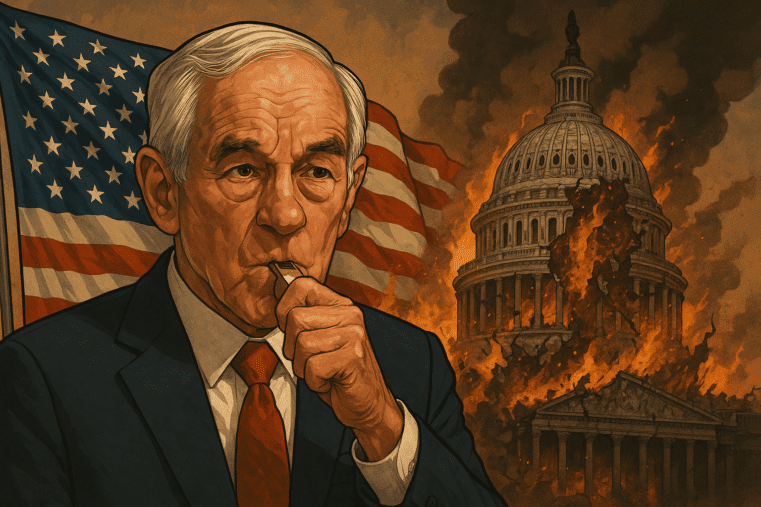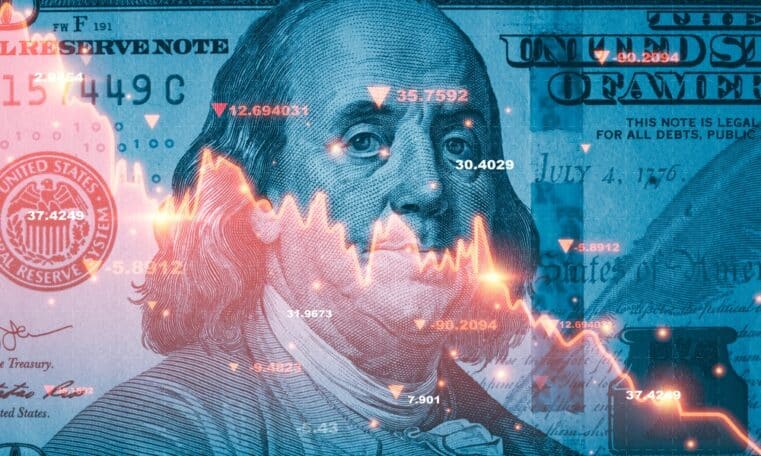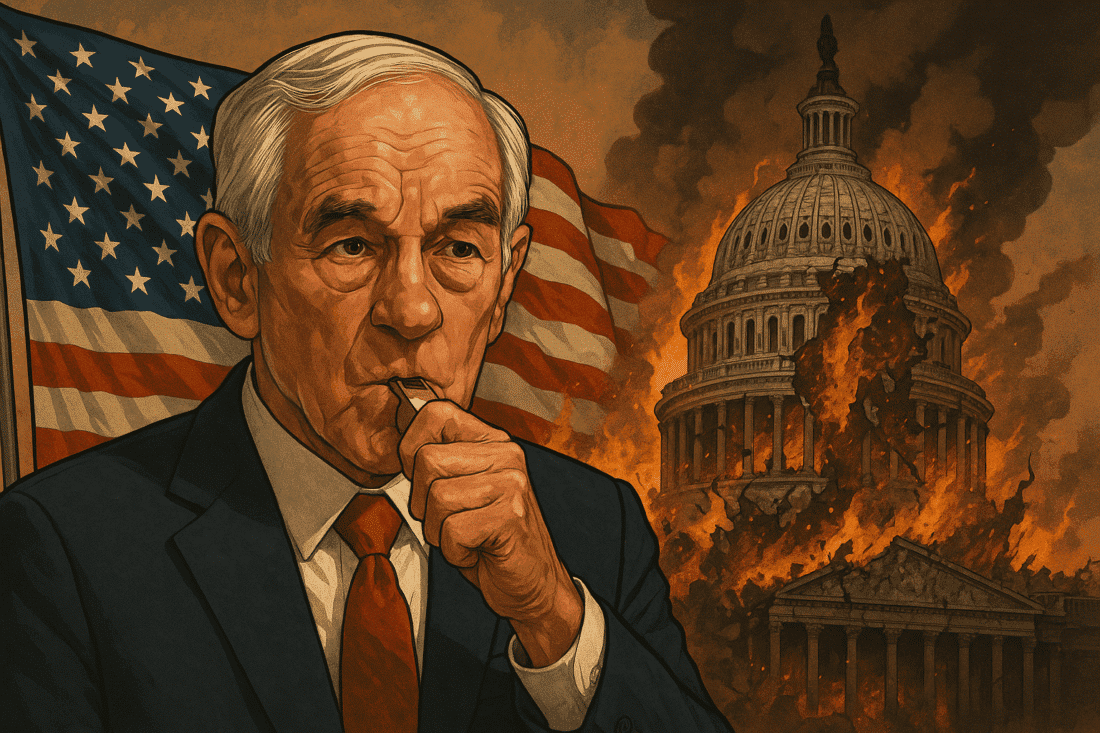
Should Food Stamp Recipients (and Government Contractors) Be Allowed to Vote?
The Core Argument: Dependency vs. Democracy
McMaken’s central claim is stark: a democracy where a large portion of the population depends on government money is unsustainable. When those who receive taxpayer-funded benefits outnumber those who pay into the system, fiscal restraint becomes politically impossible.
He isn't talking about a distant future. He argues that we're already there—and the data backs him up.
How Many Americans Live Off Taxpayer Dollars?
The numbers are staggering:
- 42 million on food stamps (SNAP)
- 72 million receiving Social Security
- 70 million on Medicaid
- 65 million on Medicare (nearly all also on Social Security)
After adjusting for overlaps and excluding minors, McMaken estimates roughly 107 million adults are on at least one major welfare program. That’s about 45% of the adult population.
And that’s not counting recipients of smaller programs like TANF, Section 8, or LIHEAP.
It's Not Just Welfare: Government Employees & Contractors Count Too
Dependency doesn’t stop with welfare recipients. Millions of Americans draw a paycheck from federal, state, or local governments—or from companies whose primary client is the government.
Here are the key figures:
- 2.2 million federal civilian employees
- 1.3 million active-duty military personnel
- 400,000 postal workers
- 1.8 million indirectly funded through federal grants
- 5 million+ federal contractors, including weapons manufacturers and consulting firms
Add it up, and you have over 10 million more people whose income comes directly or indirectly from taxpayers.
The Conflict of Interest No One Talks About
Now here’s the crux of McMaken’s argument:
How can someone vote objectively when their paycheck—or EBT card—depends on the outcome of the election?
We routinely ask elected officials to recuse themselves from votes where they stand to profit. Why don’t we hold individual voters to the same ethical standard?
He’s not arguing that food stamp recipients or federal contractors are bad people. He’s saying they face an unavoidable conflict of interest. When the government is your income source, you're incentivized to vote for bigger government—higher taxes, more spending, and expanded programs.
And in a system where those voters now constitute nearly half the electorate, the outcome is predictable.
Mises Warned Us: The Bureaucrat as Voter
McMaken draws heavily from Austrian economist Ludwig von Mises, who warned about this exact scenario in his book Bureaucracy. Mises argued that when government employees and tax receivers gain the power to vote, they will always vote in favor of expanding their own pay and benefits.
“The bureaucrat as voter is more eager to get a raise than to keep the budget balanced.”
Sound familiar?
Mises observed how this dynamic led to the fall of democratic systems in pre-war Europe, where public employees and subsidy recipients formed powerful voting blocs. In that environment, no candidate could win office without promising more government benefits. The result? Debt, inflation, and the erosion of liberty.
A System on the Brink
McMaken’s conclusion is grim but logical:
- Politicians will never reduce spending if it means alienating half the electorate.
- Budget cuts are political suicide.
- Entitlement reform is dead on arrival.
That means runaway debt is now permanent, and the only way out is through crisis, collapse, or coercion.
This isn’t conjecture. It’s a trajectory backed by demographics, voting patterns, and unsustainable fiscal policy. The U.S. government is caught in a trap of its own making: it must borrow and print endlessly to satisfy a growing base of dependent voters.
Is This Really About Morality?
Some will argue that this is heartless—that it attacks the poor, the sick, or the elderly. But McMaken is clear: this isn’t about whether people deserve benefits. It’s about the structural consequences of letting the beneficiaries of government spending outvote the people funding it.
When votes become bids in a redistribution auction, democracy devolves into legalized looting. And once that shift is complete, there’s no peaceful way back.
So What Can You Do?
You can’t vote your way out of a system that rewards dependency. But you can prepare yourself for what’s coming:
- Monetary debasement
- Rising taxation
- Government overreach
- Institutional collapse
If you’ve been following my work—or that of Bill Brocius—you already know that we don’t wait for permission from Washington to protect our assets.
Take Action Before the System Takes You Down:
✅ Download Bill Brocius’ free guide: 7 Steps to Protect Your Account from Bank Failure
✅ Read the book that tells the truth about where this is all headed: The End of Banking As You Know It
✅ Join Bill’s Inner Circle Newsletter for just $19.95/month and get unfiltered, real-time insights that mainstream media will never touch.
Final Thought
You don’t have to agree with every word McMaken wrote to grasp the urgency of the moment. We are past the point of reform. The majority now votes for its own subsidies. The rest of us are just here to pay the bill.
If you want out of this trap, you’ll have to walk away from the system—and that starts with understanding what’s coming.
Don't wait for the next shutdown or debt crisis to catch you off guard.
Be informed. Be prepared. Be free.










